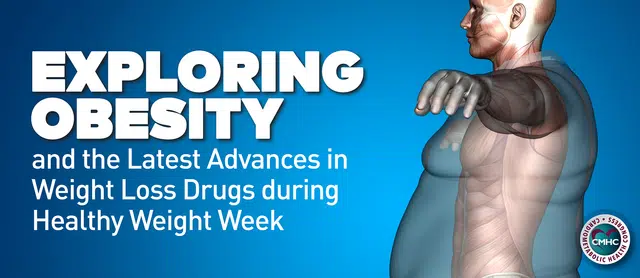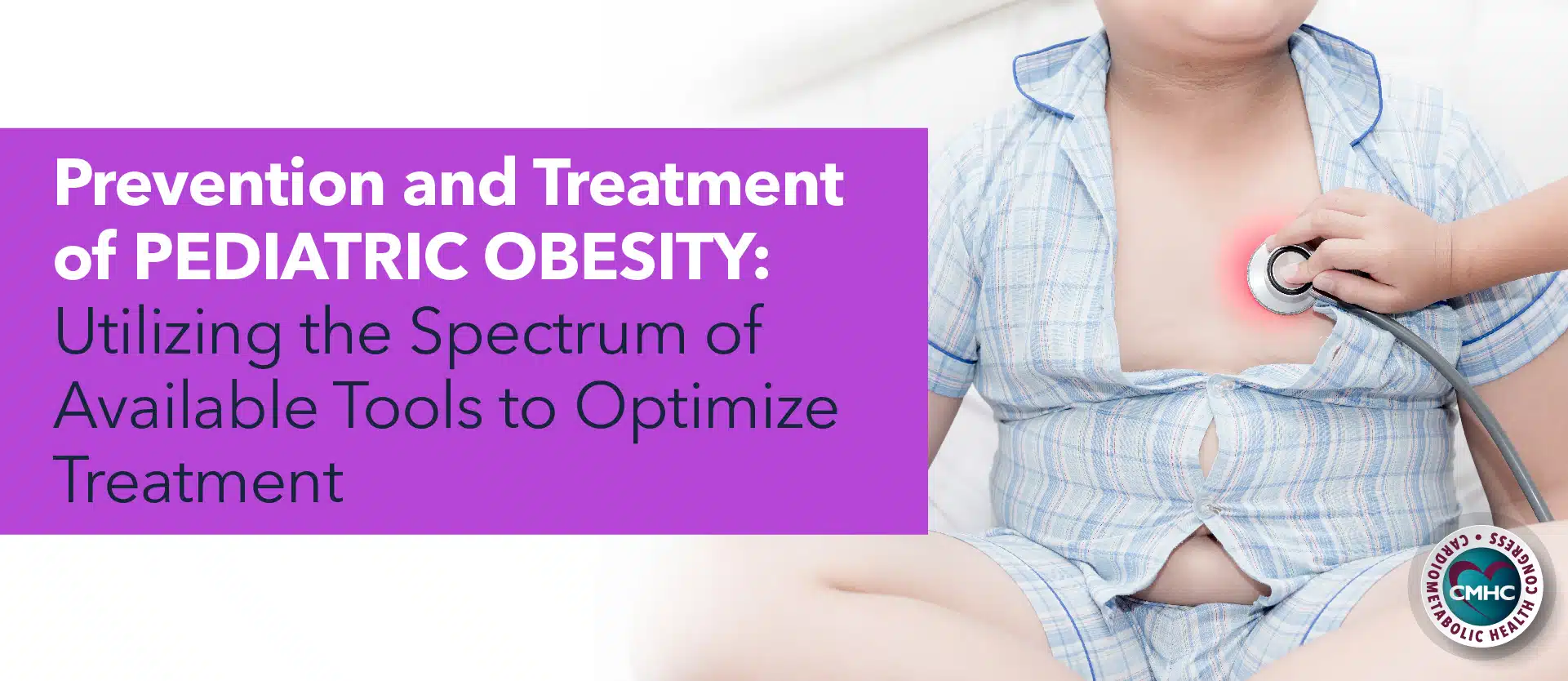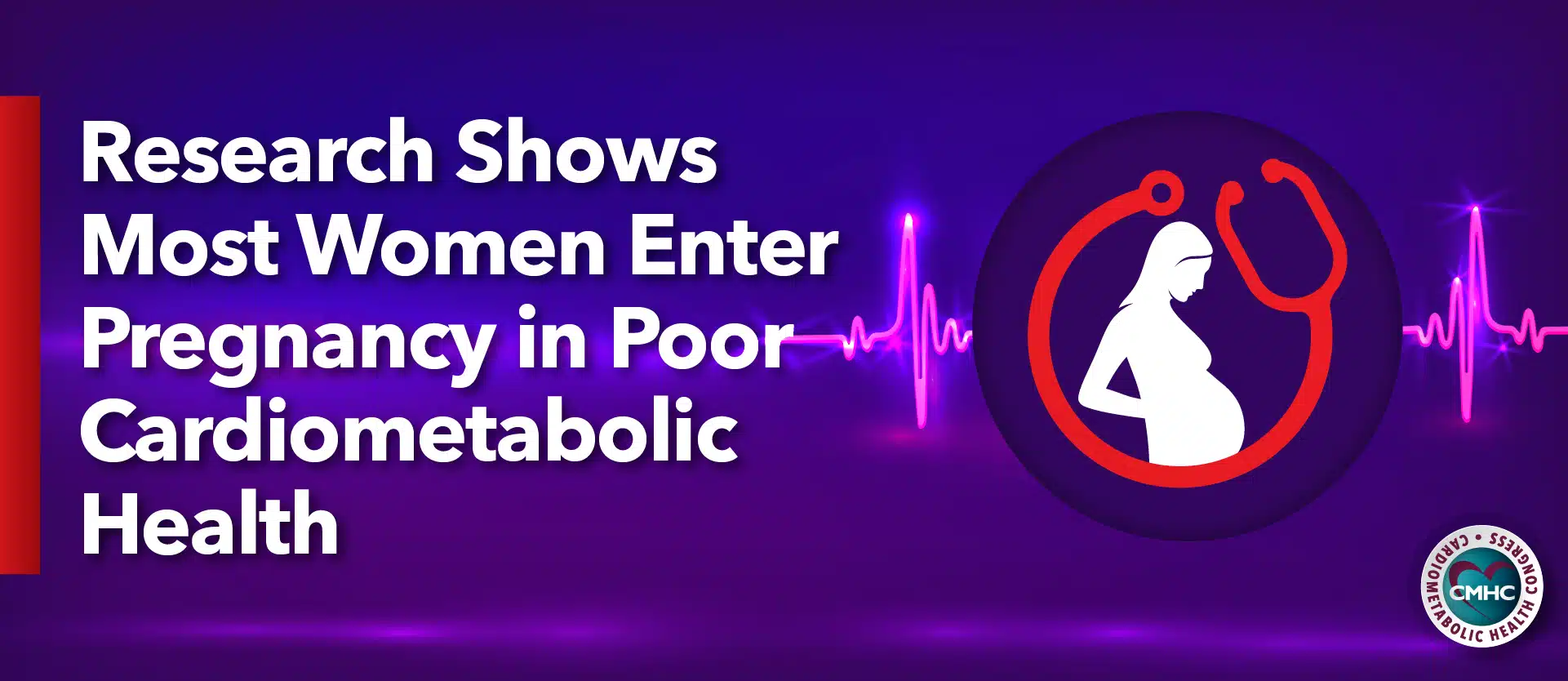Adults who are overweight or obese report receiving little weight loss counseling, especially involving medications and surgery; however, many report trying to lose weight within the last 12 months, according to a speaker at ObesityWeek.
“We know that less than 50% of patients with obesity have reported receiving weight loss counseling within a provider visit and most providers, primary care providers, provide no counseling at all,” Sean J. Iwamoto, MD, a postdoctoral fellow in the division of endocrinology, metabolism & diabetes at the University of Colorado School of Medicine, Anschutz Medical Campus, said during his presentation. “At baseline it seems that primary care providers seem to overvalue exercise, meaning they find its more comfortable to discuss exercise with their patients, as well as they feel it’s the most effective way to lose weight, and they undervalue other things like weight loss medications. We also know that obesity medications are effective but prescription rates are low.”
Iwamoto and colleagues evaluated data from the Patient Outcomes Research to Advance Learning (PORTAL) on 2,811 adults (median age, 52 years; 54.2% white; 61.8% women; 79.4% with obesity) to determine weight-related health care experiences. Participants completed a survey in the summer of 2015 to report on personal experiences from providers.
Among participants with obesity, 79.8% tried to lose weight in the last 12 months, more than half exercised or changed eating habits and less than 9% used weight loss programs or medications. Fewer than 3% had weight loss surgery.
Participants reported that their health care providers only sometimes (49.5%) or never (17.1%) brought up weight at clinic visits. Discussions about lifestyle change (83.7%) and weight loss programs (62%) were reported more often than meal replacements (19.2%), surgery (15.6%) or medications (10.6%).
“Overall, most patients with overweight and obesity have tried to lose weight by changing eating habits and exercising, very few have tried medications, weight loss programs and surgery,” Iwamoto said. “Also, they have received little information about medications and surgery even when its indicated.”

















